At Auburn University, students are taught to meet a practical world...
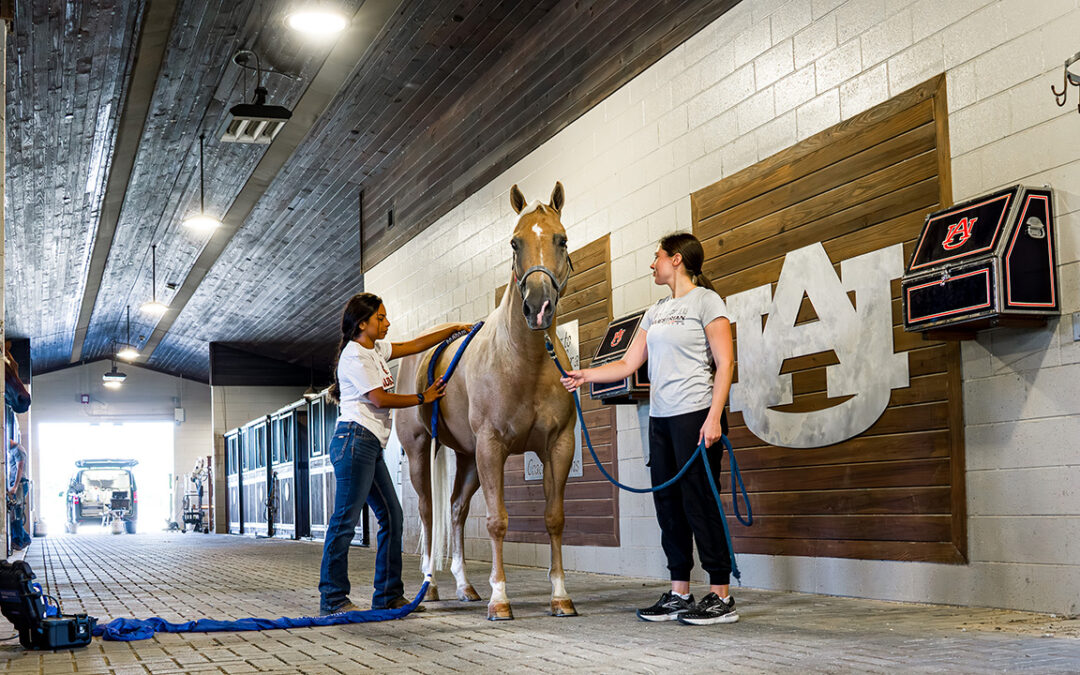

At Auburn University, students are taught to meet a practical world...
Three students in the College of Agriculture recently received distinguished honors from the Auburn University President’s Office. Savannah Busby received the Presidential Graduate Opportunity Fellowship, a highly competitive opportunity awarded to only a few incoming...
Following a national search, Mykel Taylor was named head of the Auburn University Department of Agricultural Economics and Rural Sociology, effective April 15. She had served as interim head of the department since fall 2024. “Dr. Taylor’s effective leadership, along...
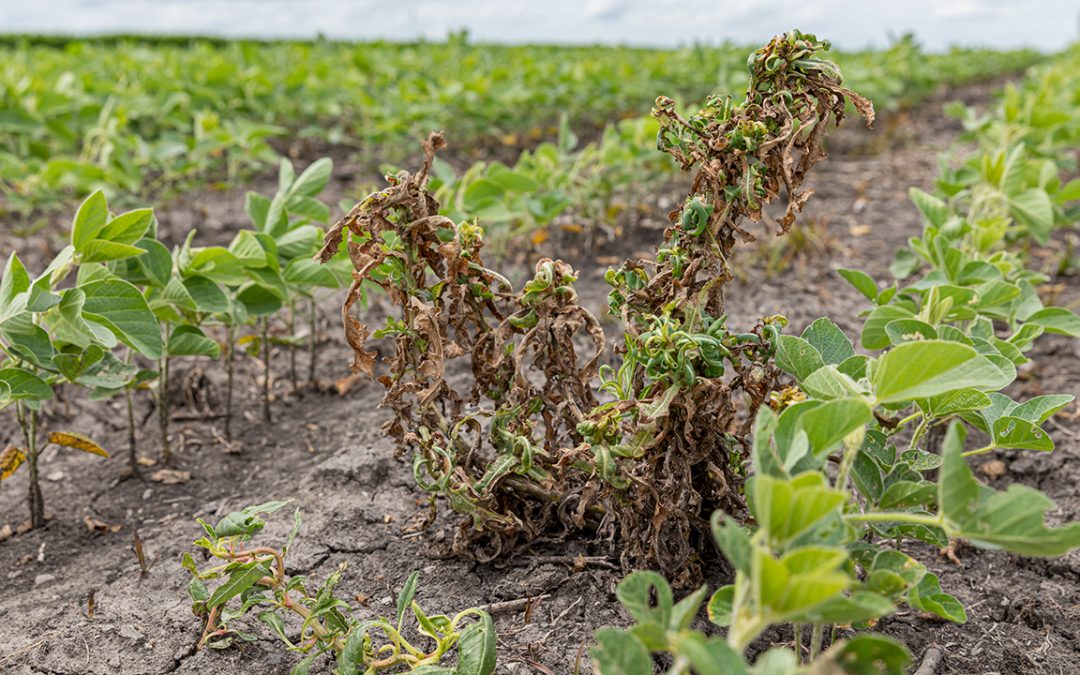
Auburn researchers help farmers adapt to EPA changes This year, major regulatory changes enacted by the Environmental Protection Agency (EPA) will affect farmers...
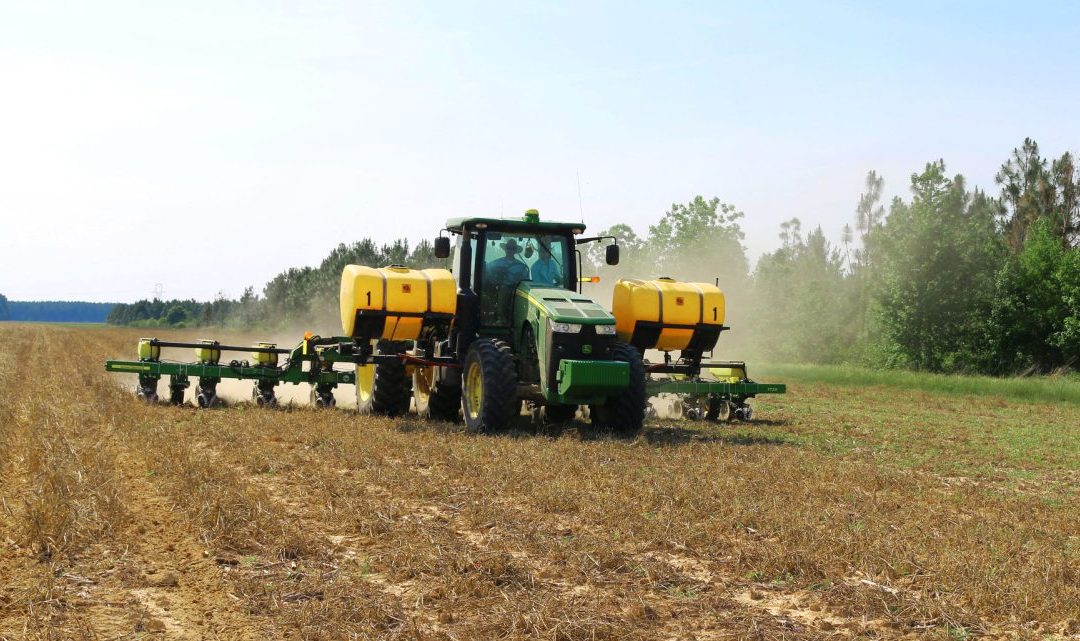
Is growing a cover crop on Alabama farms a solution or a problem for growers in the state who are trying to prevent soil and water erosion losses? A grant funded...

As the College of Agriculture at Auburn University celebrated 150 years in 2022, it also announced plans to renovate its administrative building, Comer Hall. Last...
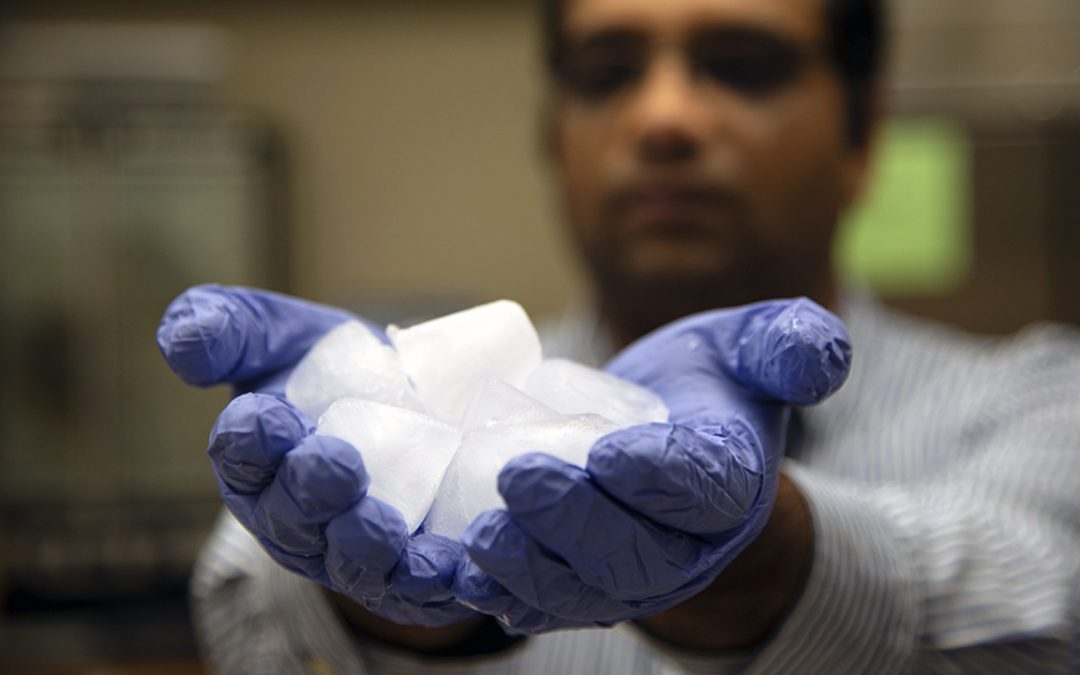
A novel approach to improving food safety during the storage and transportation of raw poultry and seafood has earned Auburn poultry science assistant professor Amit Morey one of only nine New Innovator in Food and Agriculture Research Awards presented nationally in 2018.
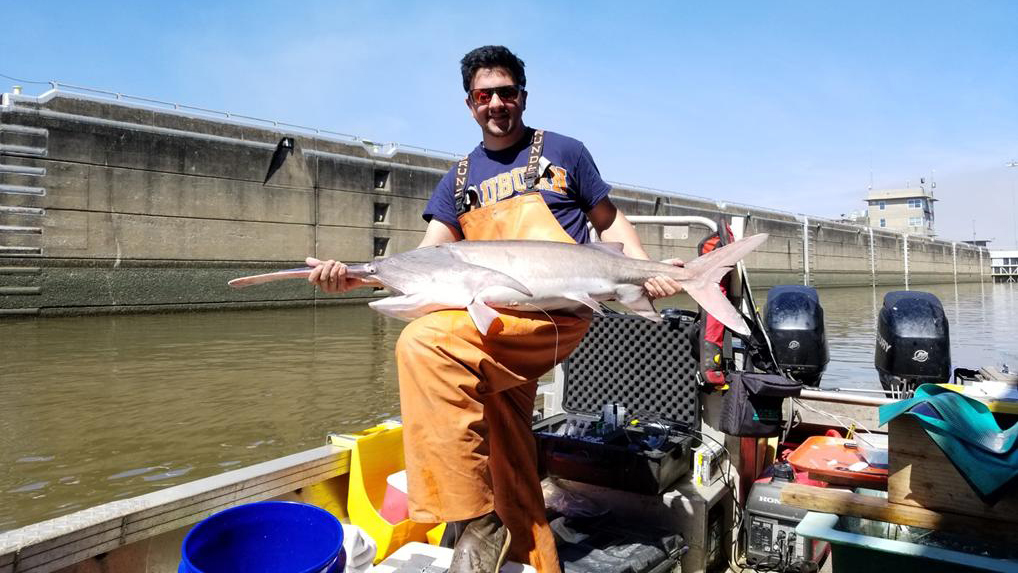
For months now, an Auburn University research team has been keeping close tabs on roughly 250 tagged paddlefish and smallmouth buffalo in the Alabama River in an effort to learn more about how lock-and-dam systems on a waterway impact fish movement upstream and down.
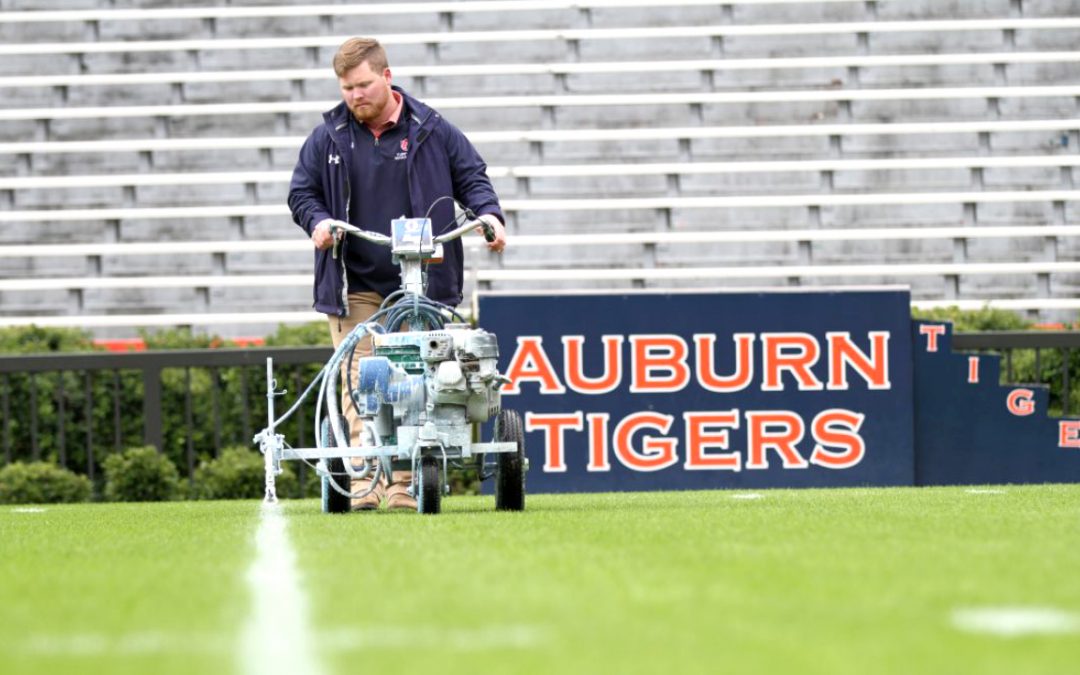
2019 already is shaping up to be a super year for Wilson Morgan — a super year that starts with a trip to the Super Bowl.
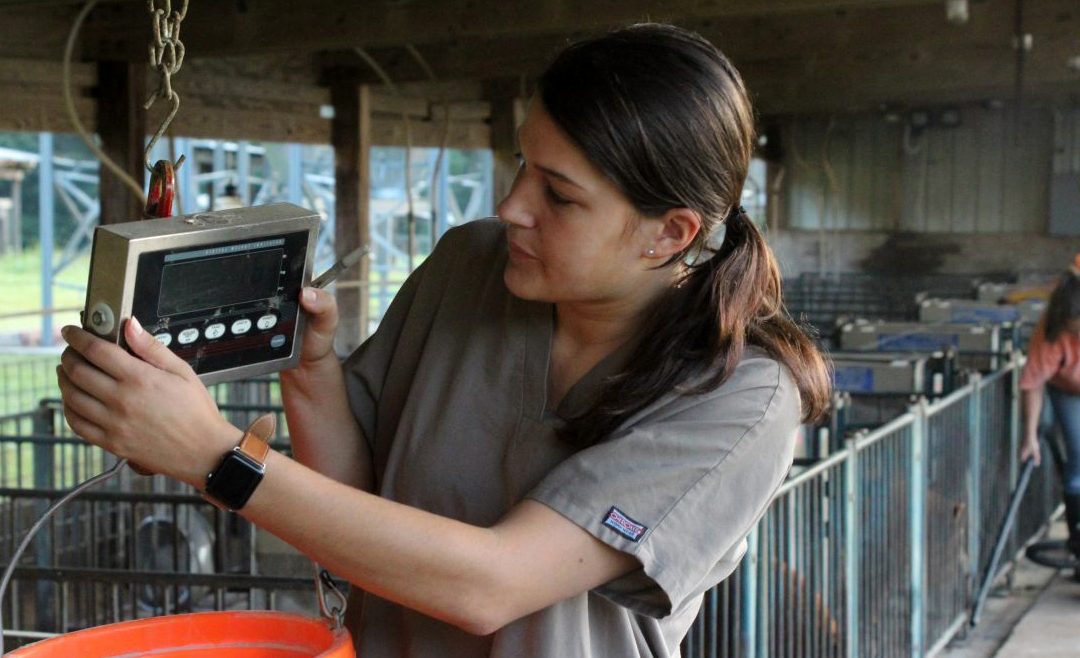
The hum of wet/dry vacuums mingles with pig grunts and squeals as Auburn University animal sciences pre-veterinarian junior Maegan Reeves approaches the pen of a curly-haired Mangalitsa pig and sticks a vacuum hose into the feed trough.
The project will create a bio-based fuel additive that can be blended with diesel fuel to reduce soot and greenhouse gas emissions and yield cleaner engine operation in cold-weather conditions.
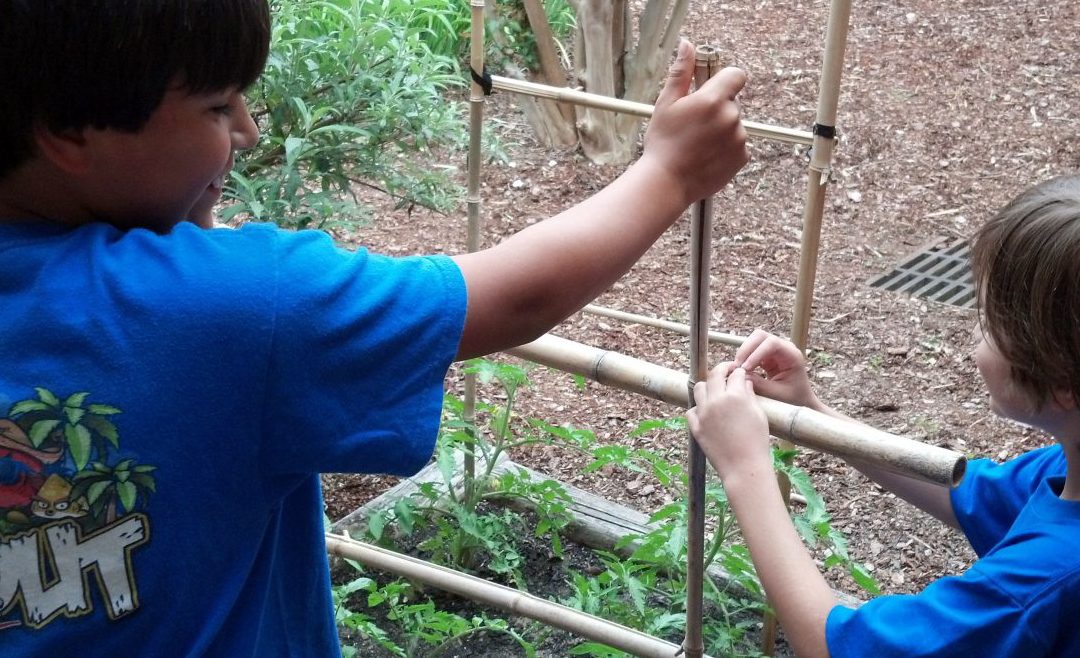
The College of Agriculture’s Department of Horticulture is giving back to the community by helping educate Opelika elementary students on gardening practices and at the same time addressing food insecurity in impoverished Opelika communities.
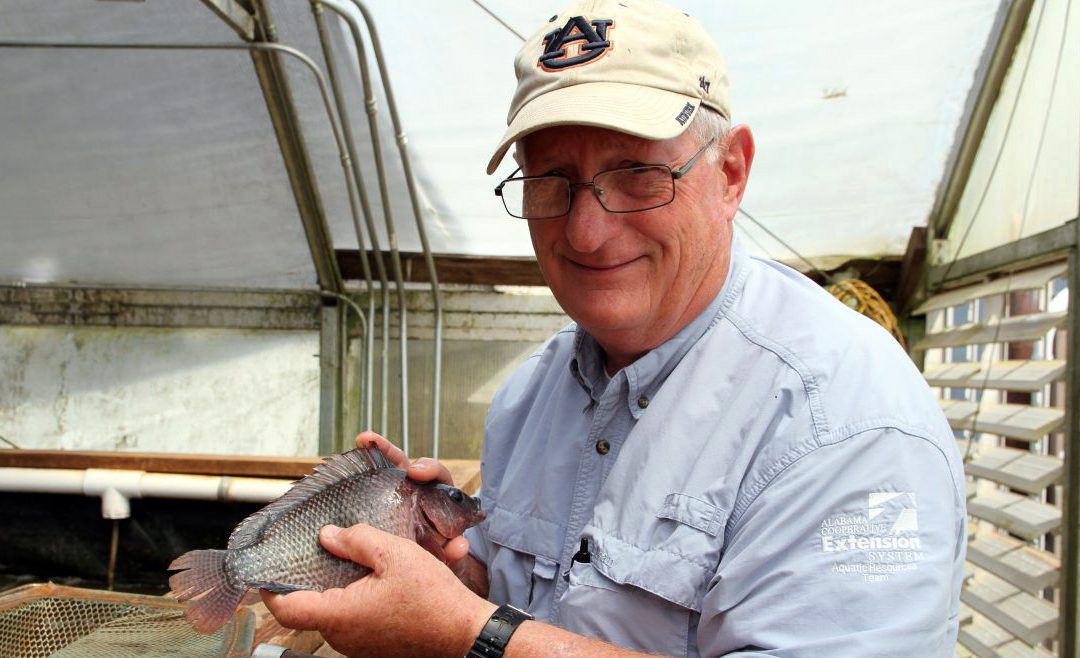
Auburn University’s Aquaponics Working Group has a new vision for U.S. aquaculture, one that includes far more predictability and efficiency than today’s timeworn models of commercial fish production.
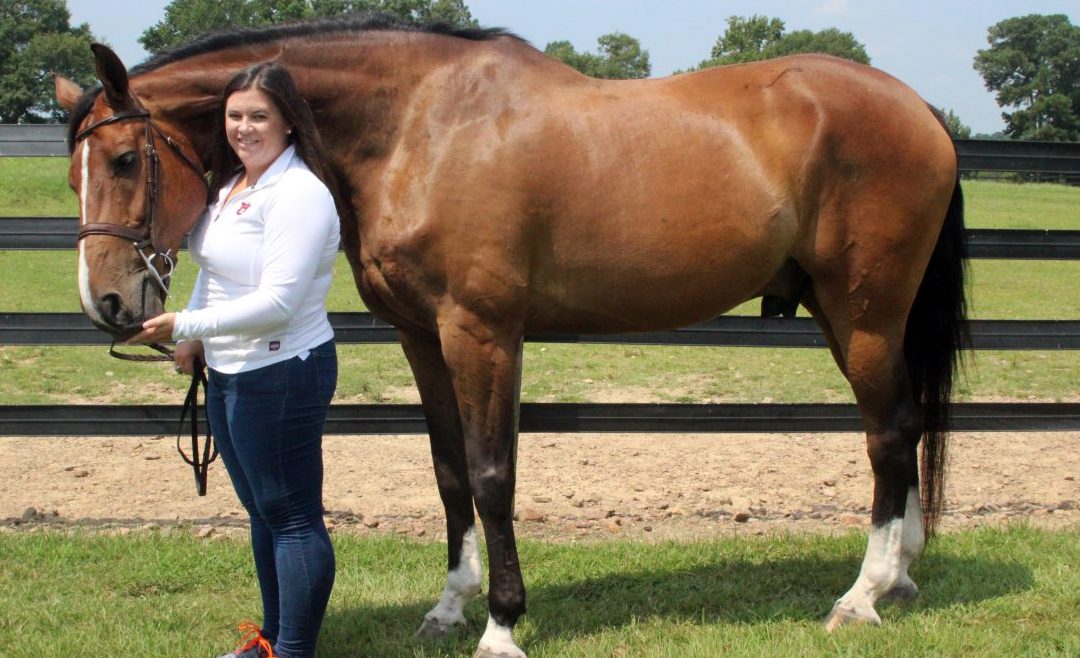
Ask Auburn Equestrian head coach Greg Williams what makes Jessica Braswell such a special associate head coach, and he has one answer: Passion.
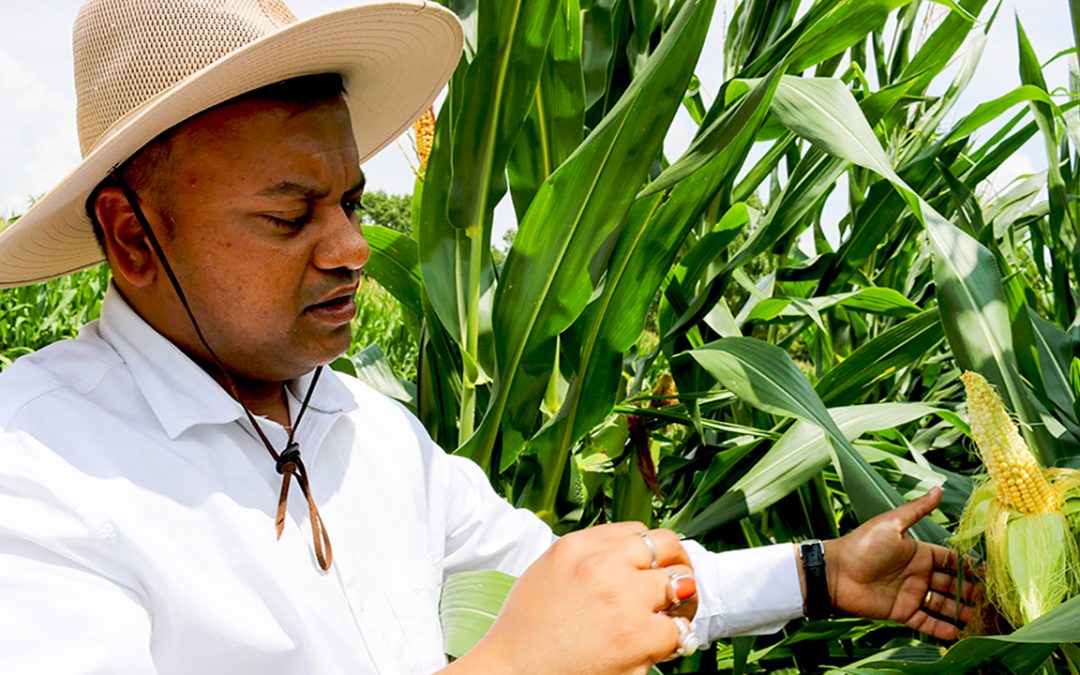
Farmers will need to change their management strategies over the next few decades to adapt to impending climate extremes, according to a study recently published by researchers at Auburn University and Pennsylvania State University.
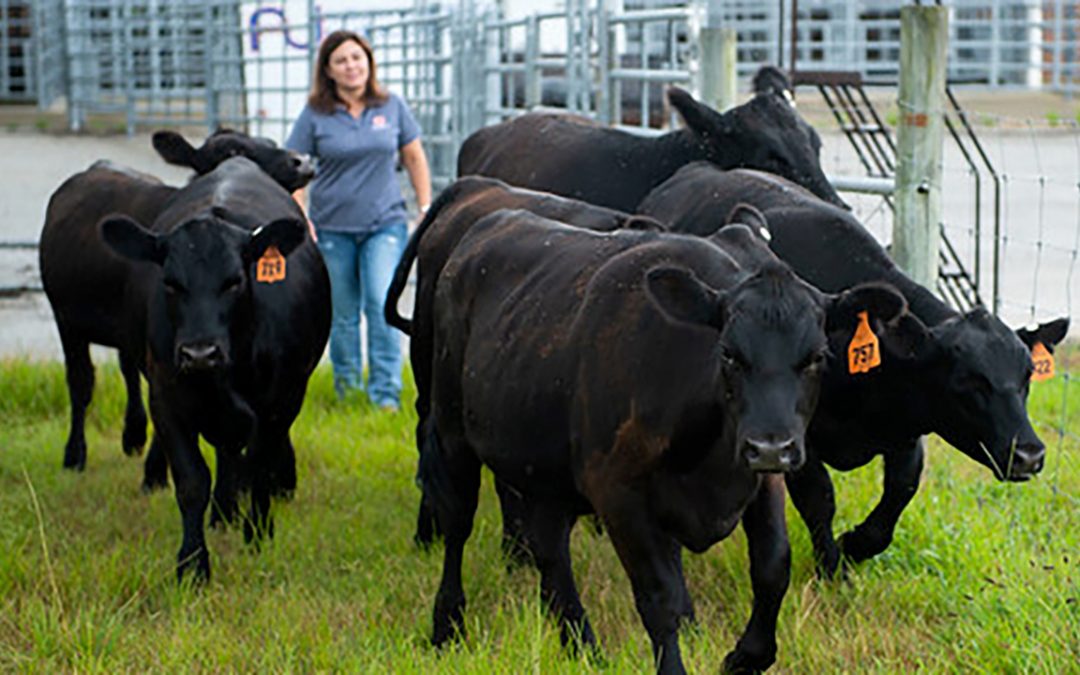
The local foods movement continues to grow in the U.S., with an increasing number of consumers wanting to know where their food comes from, connecting with the families producing it, and buying products at farmers markets and through community-supported agriculture programs.
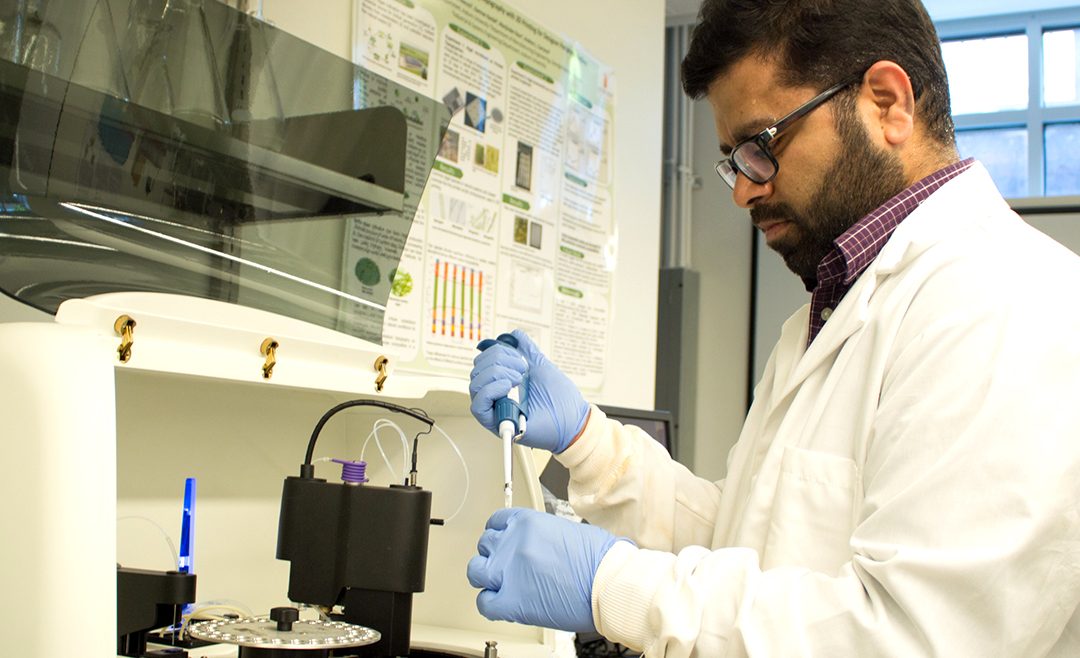
The poultry industry in Alabama contributes more than $15 billion to the state’s economy each year, but along with the revenue and jobs, it also produces about 1.8 million tons of waste, or litter, annually.
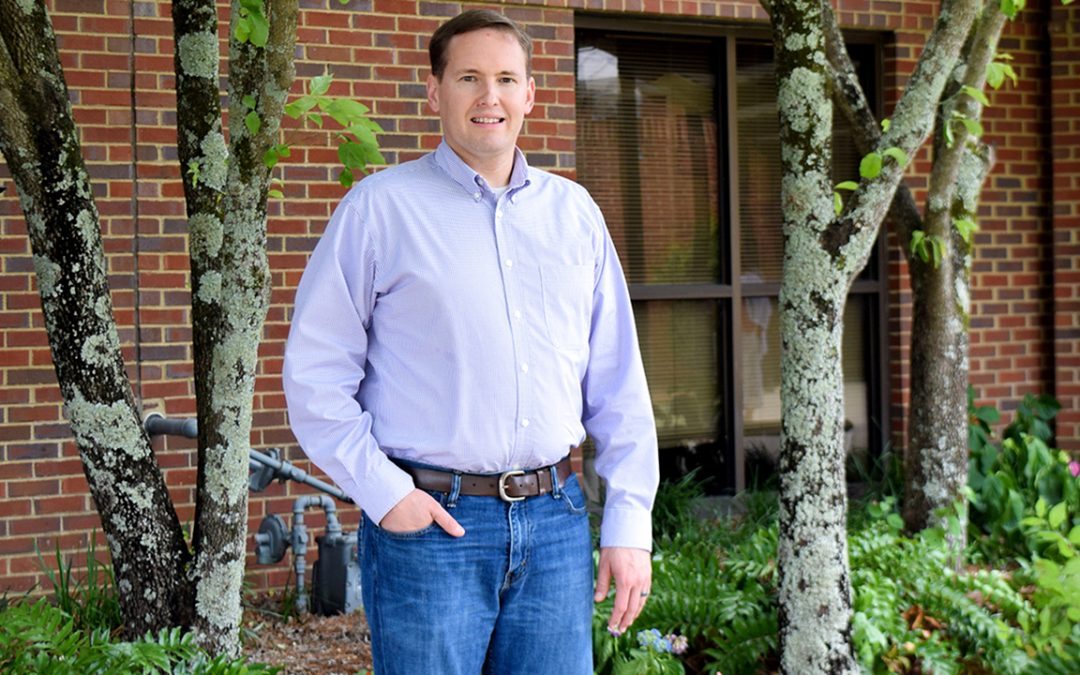
Sometimes when you think you’ve got life all mapped out, providence sends you in a different direction. Grady Smith, senior pastor of Gateway Baptist Church in Montgomery, knows all about that kind of journey.
AUBURN, Ala. -- The nation’s beekeepers lost 40 percent of their managed honey bee colonies between April 1, 2017, and March 31, 2018, an increase of almost 7 percentage points from the previous year’s total loss rate, results of an annual nationwide survey show....
A $500,000 gift to Auburn University’s College of Agriculture from Crossville, Alabama–based D&F Equipment Sales Inc. and its founding Fortenberry family will support ongoing development of the Charles C. Miller Jr. Poultry Research and Education Center, located...

Three studied agriculture and one, journalism. The Korean War was in full swing at this time, and the four met and became friends in basic Army ROTC classes.
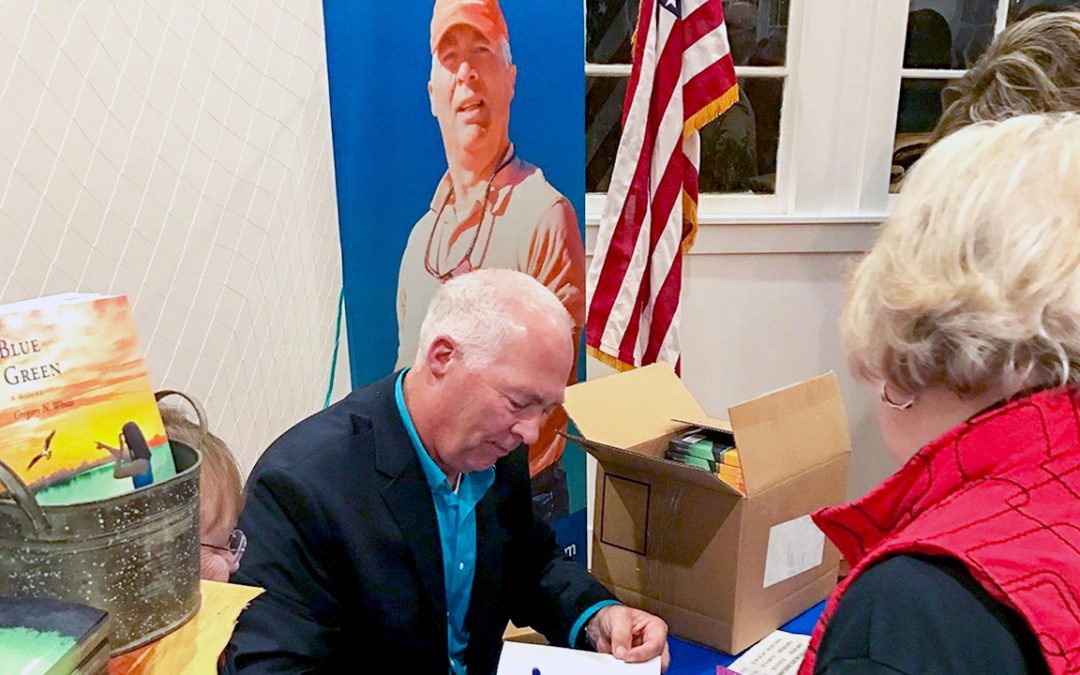
When Gregory Whitis began his undergraduate studies in zoology at Iowa State University in the mid-’70s, he had no idea there was such a place as Auburn University; he had never heard the word “aquaculture”; and the idea of one day living in the Deep South for sure had never entered his mind. And catfish farming? Was that a joke?

Auburn University agricultural communications majors can gain real-world experience right on campus when they join the staff of AgHill Communications, or AHC, a student-formed and -operated business that serves bona fide clients.

On a mid-March afternoon in 1998, Tony Gibson high-fived friends and family as he celebrated graduating with his horticulture degree from Auburn University. But the festivities were short and sweet, because this new alumnus had things to do.
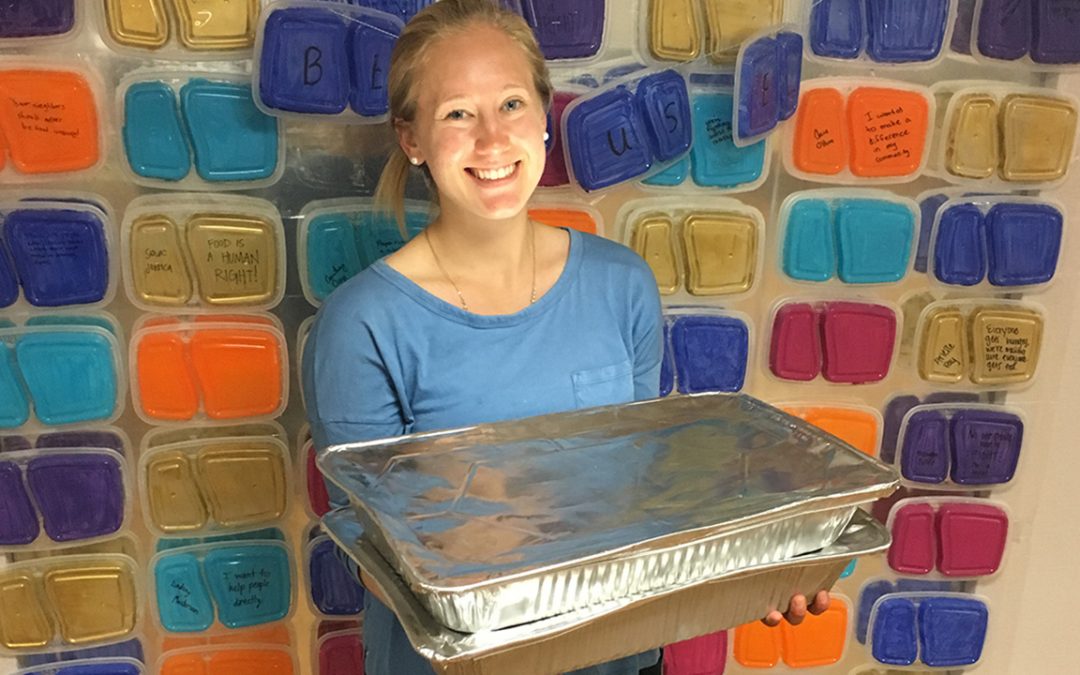
If you’re going to keep up with Kenzley Defler, you’d better put on your running shoes. Not just because she’s an avid long-distance runner and Auburn track and field team member, but because she’s always in motion—working here, researching there and serving everywhere.
Live poultry production in the U.S. is on the cusp of revolutionary changes, and Auburn University’s National Poultry Technology Center, or NPTC, is helping to ensure that producers are not left behind. “Efficiency is the key to everything we do,” said Gene Simpson,...
College of Agriculture faculty members claimed the lion’s share of recognition during Auburn University’s 2018 Faculty Awards Dinner in late February. The ceremony formally honored all Auburn faculty who received the university’s highest awards in the 2017-18 academic...

A novel approach to improving food safety during the storage and transportation of raw poultry and seafood has earned Auburn poultry science assistant professor Amit Morey one of only nine New Innovator in Food and Agriculture Research Awards presented nationally in 2018.

For months now, an Auburn University research team has been keeping close tabs on roughly 250 tagged paddlefish and smallmouth buffalo in the Alabama River in an effort to learn more about how lock-and-dam systems on a waterway impact fish movement upstream and down.

2019 already is shaping up to be a super year for Wilson Morgan — a super year that starts with a trip to the Super Bowl.

The hum of wet/dry vacuums mingles with pig grunts and squeals as Auburn University animal sciences pre-veterinarian junior Maegan Reeves approaches the pen of a curly-haired Mangalitsa pig and sticks a vacuum hose into the feed trough.
The project will create a bio-based fuel additive that can be blended with diesel fuel to reduce soot and greenhouse gas emissions and yield cleaner engine operation in cold-weather conditions.

The College of Agriculture’s Department of Horticulture is giving back to the community by helping educate Opelika elementary students on gardening practices and at the same time addressing food insecurity in impoverished Opelika communities.

Auburn University’s Aquaponics Working Group has a new vision for U.S. aquaculture, one that includes far more predictability and efficiency than today’s timeworn models of commercial fish production.

Ask Auburn Equestrian head coach Greg Williams what makes Jessica Braswell such a special associate head coach, and he has one answer: Passion.

Farmers will need to change their management strategies over the next few decades to adapt to impending climate extremes, according to a study recently published by researchers at Auburn University and Pennsylvania State University.

The local foods movement continues to grow in the U.S., with an increasing number of consumers wanting to know where their food comes from, connecting with the families producing it, and buying products at farmers markets and through community-supported agriculture programs.

The poultry industry in Alabama contributes more than $15 billion to the state’s economy each year, but along with the revenue and jobs, it also produces about 1.8 million tons of waste, or litter, annually.

Sometimes when you think you’ve got life all mapped out, providence sends you in a different direction. Grady Smith, senior pastor of Gateway Baptist Church in Montgomery, knows all about that kind of journey.
AUBURN, Ala. -- The nation’s beekeepers lost 40 percent of their managed honey bee colonies between April 1, 2017, and March 31, 2018, an increase of almost 7 percentage points from the previous year’s total loss rate, results of an annual nationwide survey show....
A $500,000 gift to Auburn University’s College of Agriculture from Crossville, Alabama–based D&F Equipment Sales Inc. and its founding Fortenberry family will support ongoing development of the Charles C. Miller Jr. Poultry Research and Education Center, located...

Three studied agriculture and one, journalism. The Korean War was in full swing at this time, and the four met and became friends in basic Army ROTC classes.

When Gregory Whitis began his undergraduate studies in zoology at Iowa State University in the mid-’70s, he had no idea there was such a place as Auburn University; he had never heard the word “aquaculture”; and the idea of one day living in the Deep South for sure had never entered his mind. And catfish farming? Was that a joke?

Auburn University agricultural communications majors can gain real-world experience right on campus when they join the staff of AgHill Communications, or AHC, a student-formed and -operated business that serves bona fide clients.

On a mid-March afternoon in 1998, Tony Gibson high-fived friends and family as he celebrated graduating with his horticulture degree from Auburn University. But the festivities were short and sweet, because this new alumnus had things to do.

If you’re going to keep up with Kenzley Defler, you’d better put on your running shoes. Not just because she’s an avid long-distance runner and Auburn track and field team member, but because she’s always in motion—working here, researching there and serving everywhere.
Live poultry production in the U.S. is on the cusp of revolutionary changes, and Auburn University’s National Poultry Technology Center, or NPTC, is helping to ensure that producers are not left behind. “Efficiency is the key to everything we do,” said Gene Simpson,...
College of Agriculture faculty members claimed the lion’s share of recognition during Auburn University’s 2018 Faculty Awards Dinner in late February. The ceremony formally honored all Auburn faculty who received the university’s highest awards in the 2017-18 academic...